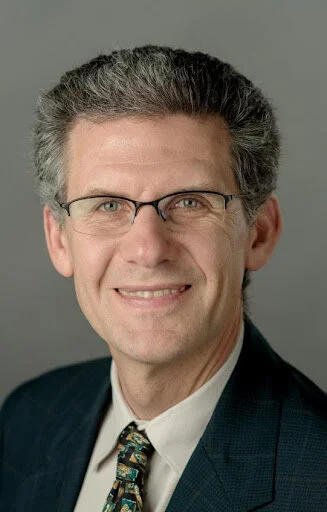Dr. Derek Kauneckis
I research environmental policy using a specific approach known as socio-ecological systems. It focuses not only on government action but more broadly on human interactions with the natural world. I expected to read about a landscape through the eyes of the characters but discovered the author had intertwined the natural world with the story of the family. Observations of environmental change were seamlessly interspersed with her family’s tragedy and growth, and her daily life in the rugged Eastern Sierra Mountain range. While we see the impacts of climate change on a community closely connected to its landscape, from wildfires to the increasing presence of droughts, we also see how the history of the region echoes today among the place and its people. Miracle Country recreates that odd sense of time one feels in the mountains of deep geological time and passing human history, punctuated by rapid and violent change, from wildfire sweeping through a town or an avalanche. The modern tragedy of a single family is woven into the arrival of settlers to the area and conflict with the Native Paiute.
As an analyst of socio-ecological systems, I attempted to examine interactions between evolving property rights, economic activities, and changing aesthetics values, but it was difficult separating the landscape from the people inhabiting it, showing the centrality of people as part of, and responding to, environmental change. It was made even more difficult as the descriptions recalled my own memories of exploring the Eastern Sierra, hunting with my father, skiing Yosemite in winter, hiking and climbing in the High Country, and those accompanying emotions. While a memoir, the book is a beautiful illustration of how our lives are intimately connected to place and the mythic proportions of the Eastern Sierras.
Derek Kauneckis, PhD, is an associate research professor at the Desert Research Institute. He conducts research on community and regional adaptation to climate change, interjurisdictional cooperation on environmental issues, and environmental governance. He is the recipient of multiple teaching and mentoring awards and has received funding from the National Science Foundation, National Oceanic and Atmospheric Administration, and others.


